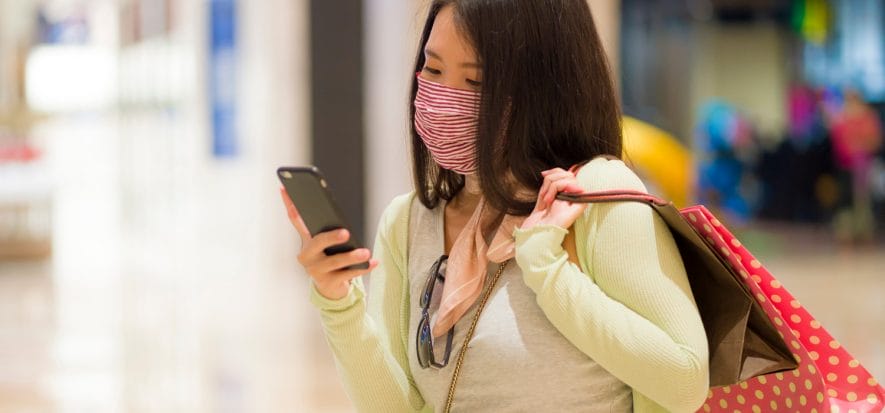In China, luxury is starting to close 2020 with a turnover growth on an annual basis. Shopping repatriation plays a fundamental role on the result. Consumers cannot shop abroad, so they do it at home, increasing the sales indexes within the borders of the People’s Republic. Precisely for this reason, brands turn the spotlight to China: it is the only real source of income at a geographical level.
Shopping repatriation
Imke Wouters, partner of management consulting firm Oliver Wyman, explains to WWD that “a greater number of Chinese than those who usually buy luxury goods while traveling, are forced to stay at home, and therefore to buy within the country”. For the fashion sector more generally, the analyst expects a growth, which will be lower than that of previous years, and in any case lower than 5%.
The boom isn’t for everyone
Second-tier luxury brands will benefit less from market conditions. Nick Cakebread, founding partner of Shanghai-based marketing agency Gusto Luxe, added that “brands with a clear identity, including those that put sustainability first, meet consumer demand, and thus perform well”. Among the brands that did very well during Qixi Festival, the equivalent of Western Valentine’s Day, Balenciaga is mentioned, thanks also to a series of limited edition bags as much criticised as they are appreciated by young people. The result? The bags were all sold online within days. According to Cakebread, it is essential that brands redefine the roles of offline and online stores, and invest in improving the service and experience in stores. Speaking of online, the presence must be diversified, going beyond Tmall.
Shutterstcok image
Read also:
- Louis Vuitton scores big in Shanghai: 22 million dollars in revenues in August
- China accounts for 55.5% of global footwear, yet it no longer grows
- Trump bends the rules: imports from Hong Kong to be labelled as Chinese










